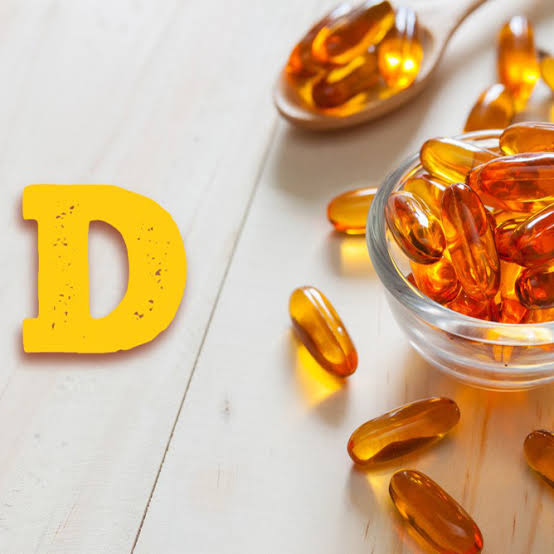Vitamin D is a vital nutrient that makes bones strong, promotes mental health and improves sleep. To overcome the deficiency of this essential nutrient, you can take vitamin D tablets.
Vitamin D, a fat-soluble nutrient, is essential to maintain overall health. Not only it helps in keeping bones strong, but also improving mental health and sleep. A common global issue, vitamin D deficiency is found in about 1 billion people worldwide. To overcome this, you can take vitamin D tablets after consulting a doctor. Read on to know more about vitamin D deficiency.
Importance of Vitamin D
Here are the major reasons your body needs vitamin D:
To maintain the balance of calcium in the blood and bones
For bone growth and remodelling
To promote calcium absorption in the gut and maintain adequate serum calcium and phosphate concentrations to enable normal bone mineralisation
To prevent hypocalcemic tetany (a condition characterised by involuntary muscle spasms and cramps due to low calcium levels)
To reduce inflammation
To modulate processes like cell growth, neuromuscular and immune function, and glucose metabolism
Signs and Symptoms of Vitamin D Deficiency
It is to be noted that anyone, including infants, children and adults, can have vitamin D deficiency. And, the deficiency of this essential nutrient may be more common in people with higher skin melanin content (darker skin) and who wear clothing with extensive skin coverage.
Children with severe vitamin D deficiency suffer from rickets. Incorrect growth patterns due to bowed or bent bones, muscle weakness, bone pain, and deformities in joints are some of the symptoms of rickets. Further, children with a mild vitamin D deficiency may just have weak, sore and/or painful muscles.
While most people with vitamin D deficiency are asymptomatic, some people might display signs like:
Fatigue
Bone pain
Muscle weakness, muscle ache or muscle cramps
Hair loss
Not sleeping well
Loss of appetite
Getting sick more easily
Pale skin
Mood changes like depression or feelings of sadness
Causes of Vitamin D Deficiency
Generally, there are two main causes of vitamin D deficiency that include:
Not getting enough vitamin D in your diet and/or through sunlight
The body is not properly absorbing or using vitamin D
Other than these, certain medical conditions, weight loss-surgeries and some medications can also lead to vitamin D deficiency. In addition, there are some biological and environmental factors like older age and the amount of melanin (pigment) in the skin can cause vitamin D deficiency.
Medical Conditions that can Cause Vitamin D Deficiency
The following medical conditions can cause vitamin D deficiency:
Cystic fibrosis
Crohn’s disease
Celiac disease
Obesity
Kidney disease
Liver disease
Medications that can Cause Vitamin D Deficiency
Medications that can lower vitamin D levels in the body include:
Laxatives
Steroids (like prednisone)
Cholesterol-lowering drugs (like cholestyramine and colestipol)
Seizure-preventing drugs (like phenobarbital and phenytoin)
Rifampin (a tuberculosis drug)
Orlistat (a weight-loss drug)
Management and Treatment of Vitamin D Deficiency
Your doctor can order a blood test (25-hydroxyvitamin D or 25(OH)D) to measure your levels of vitamin D. This will help him/her design an appropriate treatment plan to maintain an adequate vitamin D level in your body.
Sources of Vitamin D
Here are the foods naturally high in vitamin D:
Beef liver
Canned fish like herring and sardines
Egg yolks
Fatty fish, such as salmon, tuna, trout and mackerel
Fish liver
The following are the vitamin D fortified foods and beverages:
Almond milk
Breakfast cereals
Milk
Orange juice
Soy milk
Besides, you can get vitamin D from sunlight. Notably, the body creates vitamin D when the skin is exposed to ultraviolet rays from the sun. If you don’t get regular sunlight, then you can also consider taking vitamin D2 and D3 supplements after consulting a doctor.
By and large, vitamin D is a vital nutrient whose deficiency in adults can show signs like loss of appetite, fatigue, bone pain, muscle weakness, and more. To deal with this, you may be suggested to consume more foods containing vitamin D and get more sunlight. Also, your doctor may recommend taking vitamin D tablets.




